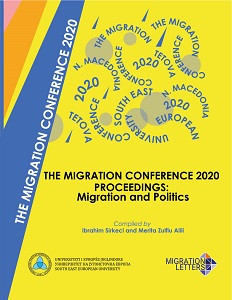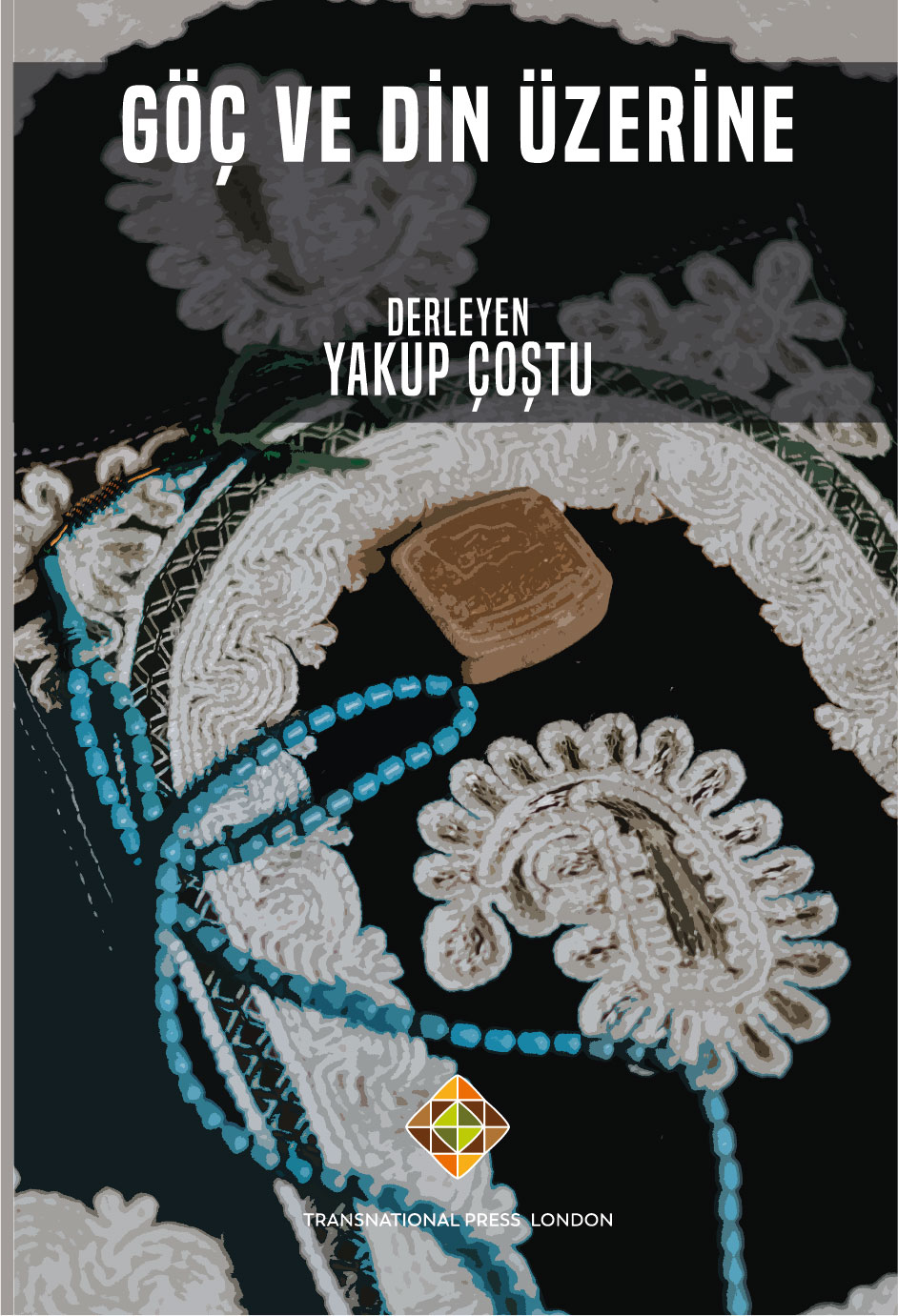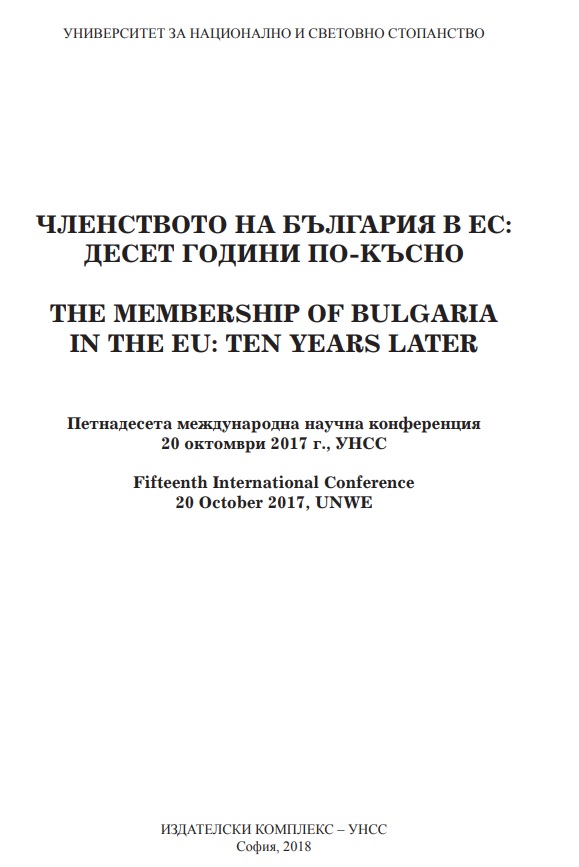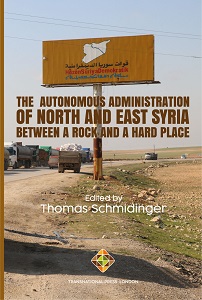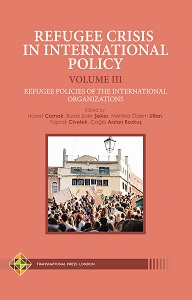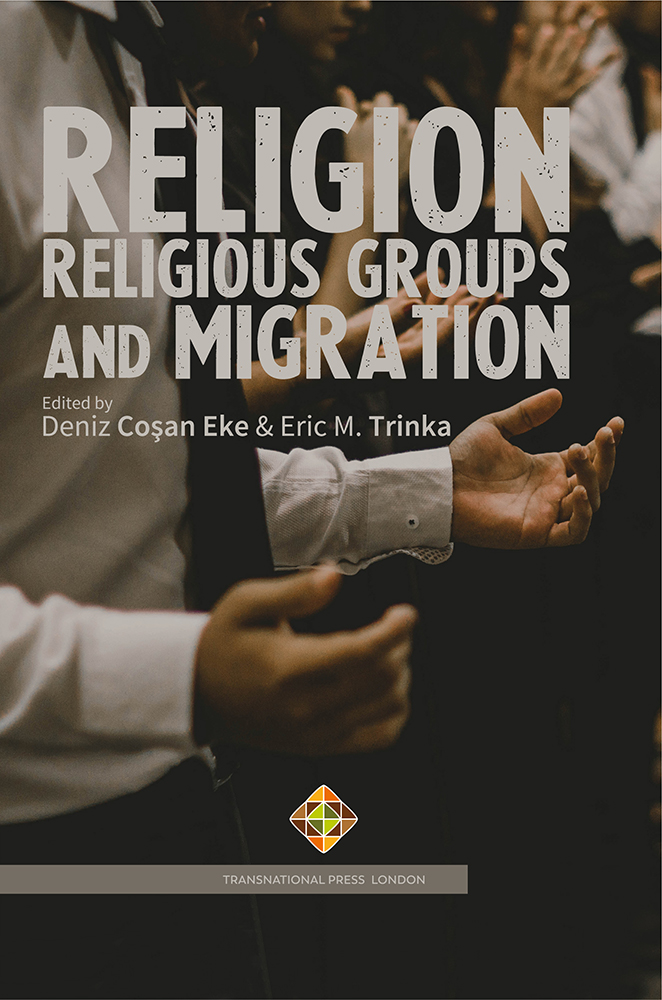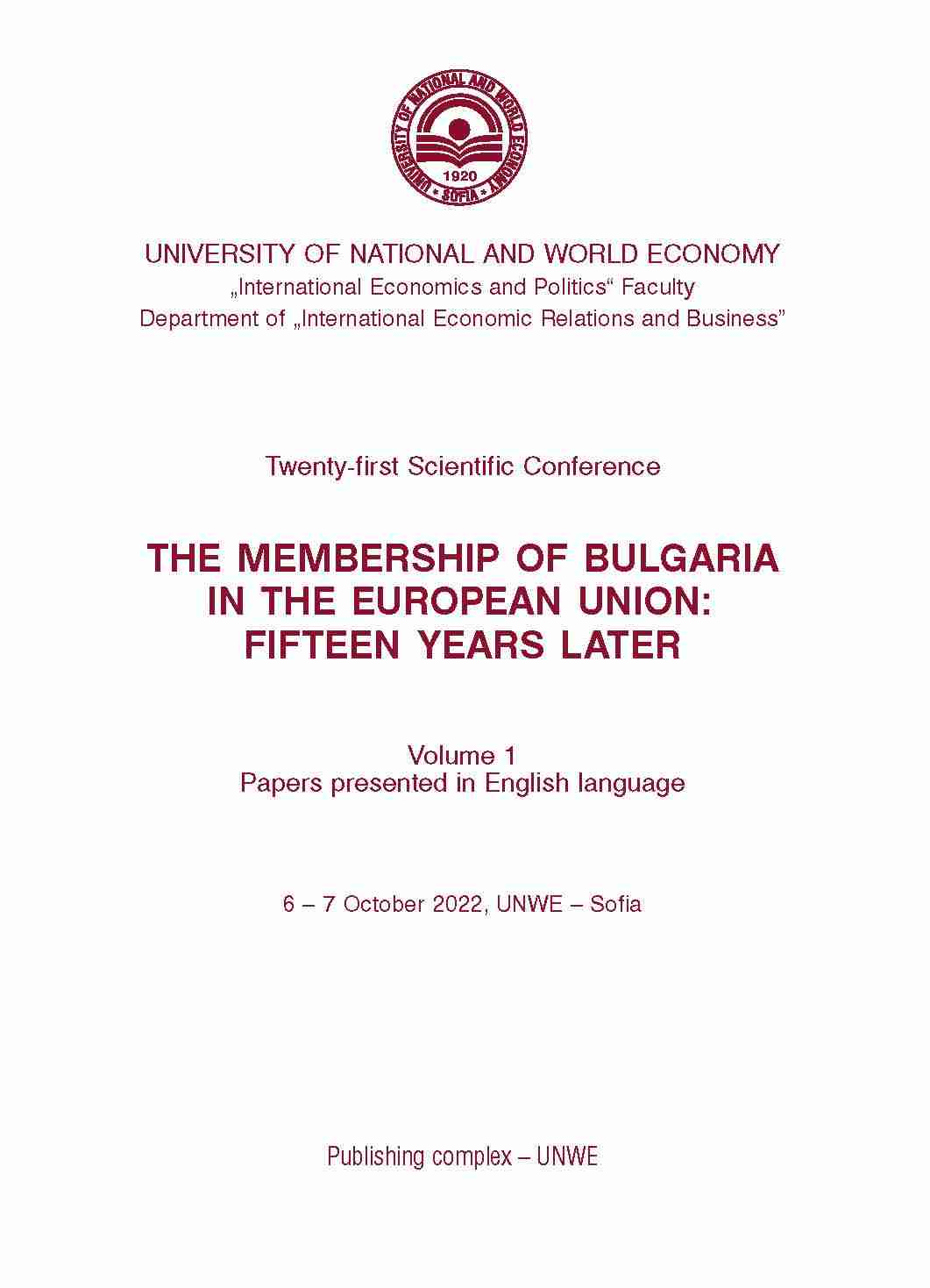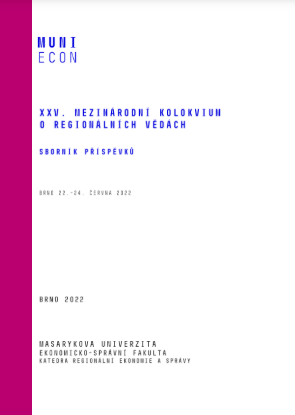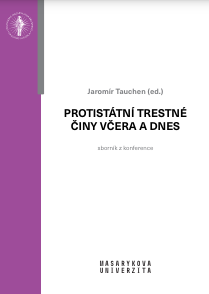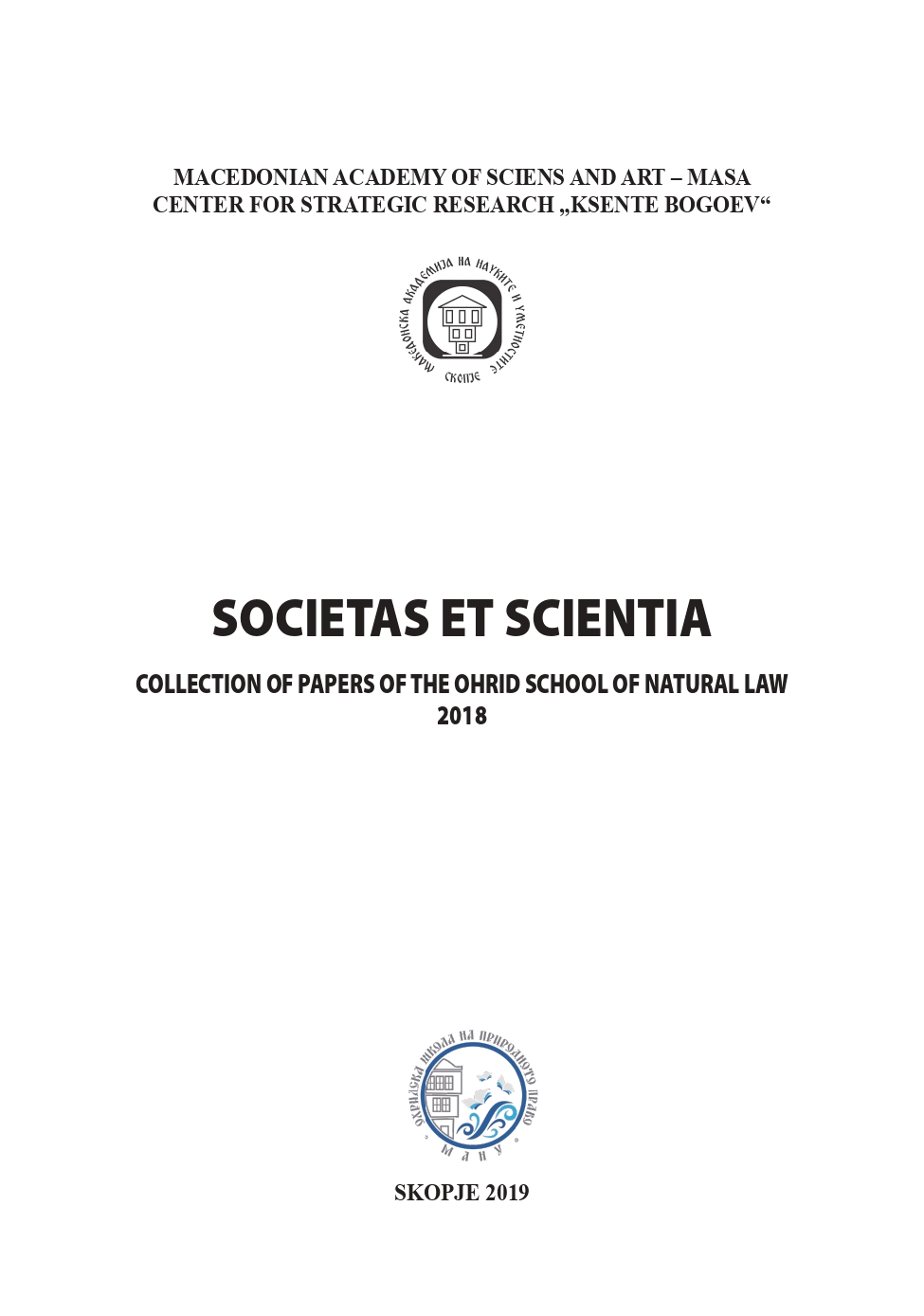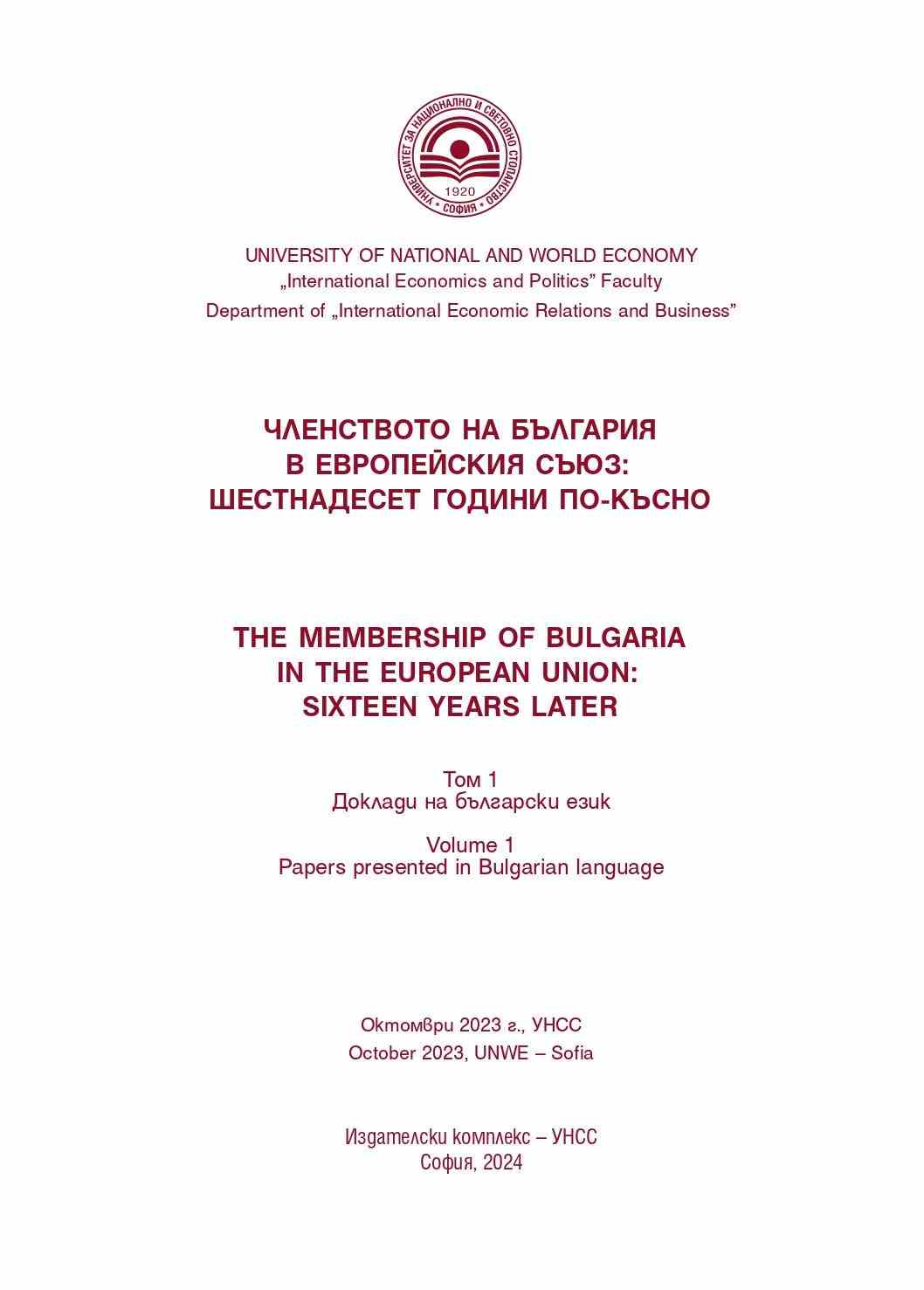
Специфични случајеви утврђивања избегличког статуса
Convention Relating to the Status of Refugees sets out in Art. 1A(2) a refugee definition and it applies to all persons wishing to obtain a refugee status. There are some situations in determining refugee status that are specific to other cases. One such situation is related to refugee sur place. Refugee sur place are persons who voluntarily left their own country, but which, because of some subsequent events, have a well-founded fear that in the case of their return to the homeland, they will be subjected to persecution there. The cause of this fear can be objective changes in the country of origin, such as the coming of the dictatorial regime to the power. Besides, the fear of persecution can also be caused by the actions of the individuals during their stay abroad. A second specific situation regards to persons fleeing from the country of origin due to international or non-international armed conflicts that are being conducted in that country. The Convention on the Status of Refugees does not contain special provisions for persons leaving the country of origin due to armed conflict, which means that they can only obtain refugee status if they prove well-founded fear of persecution for any of the five reasons mentioned in Art. 1A of this Convention. General danger of an armed conflict is not enough to qualify for refugee status because this danger is the same for the entire population in a given area. A person from a war-affected state may obtain refugee status only if the danger to which he or she is exposed is result of one of the grounds referred to in Art. 1A(2) of the Convention (race, religion, nationality, membership of a particular social group or political opinion). Finally, it is also specific to determine the refugee status of persons who fled the country of origin due to the evasion of military service. In principle, military service evasion per se is not enough to apply for refugee protection. A person who avoids military service can obtain refugee status only if he proves that he: a) refuse to participate in armed conflict condemned by the international community; b) was subject to discrimination in the performing military service; c) could not realize conscientious objection to military service; оr, d) avoided military service because of violation of fundamental human rights that can be treated as persecution.
More...
